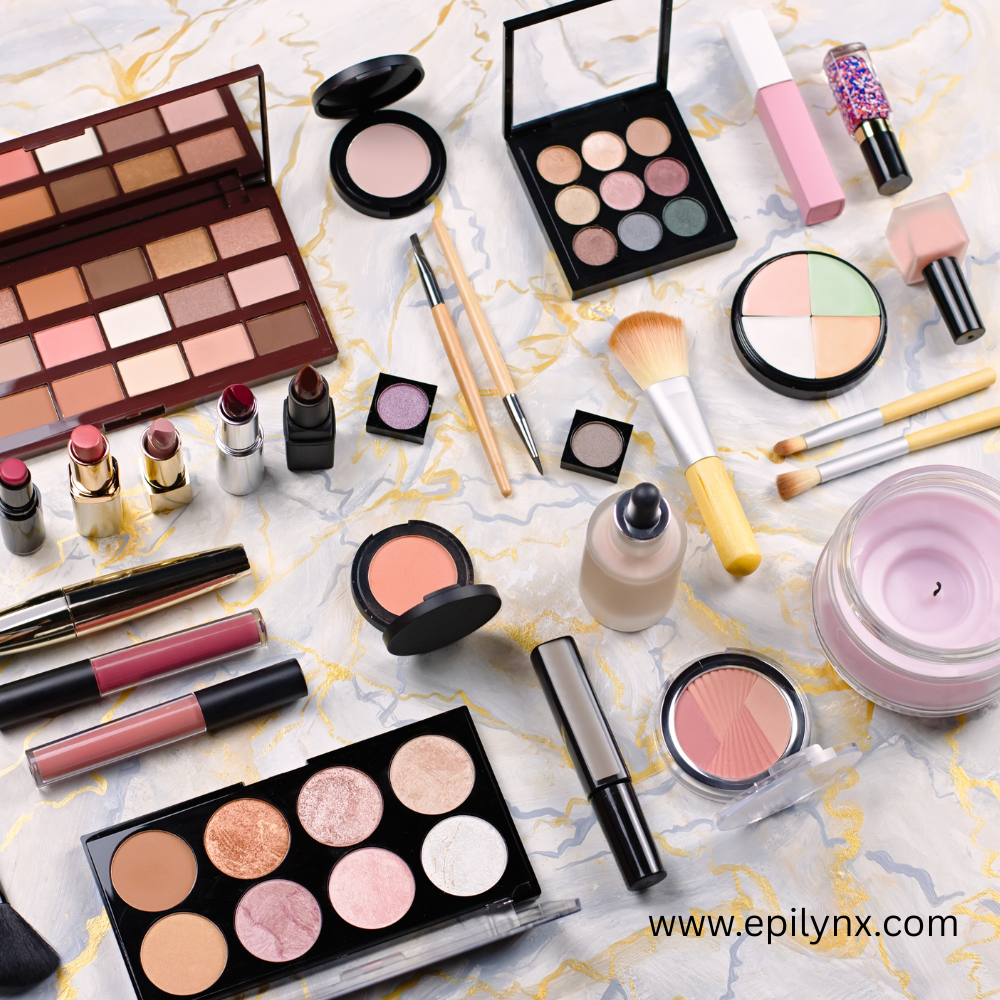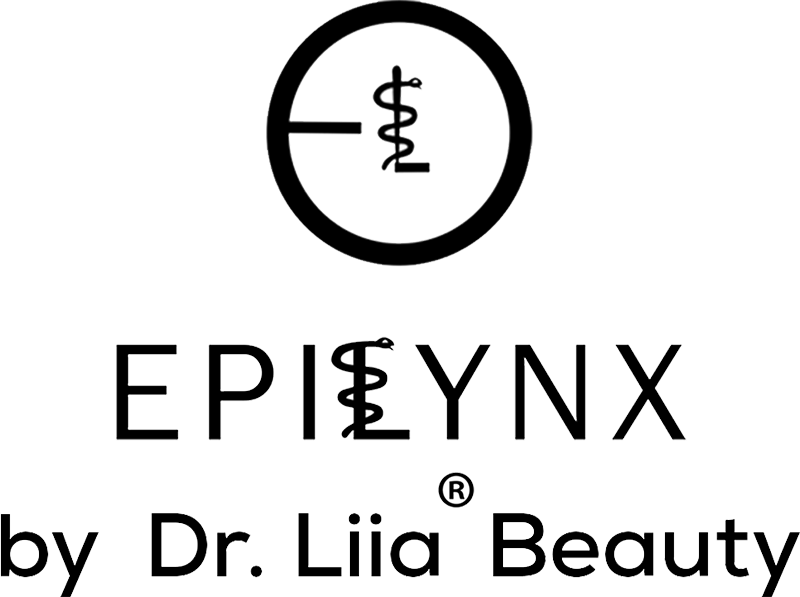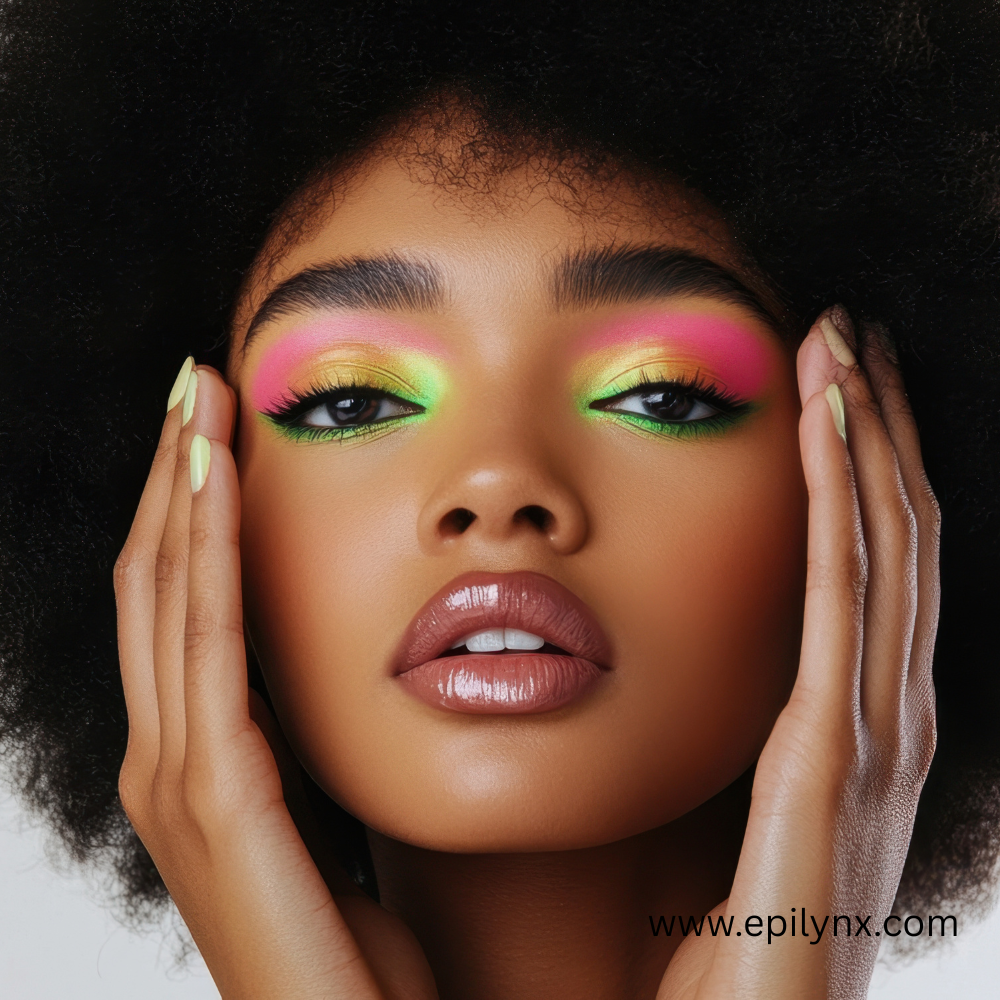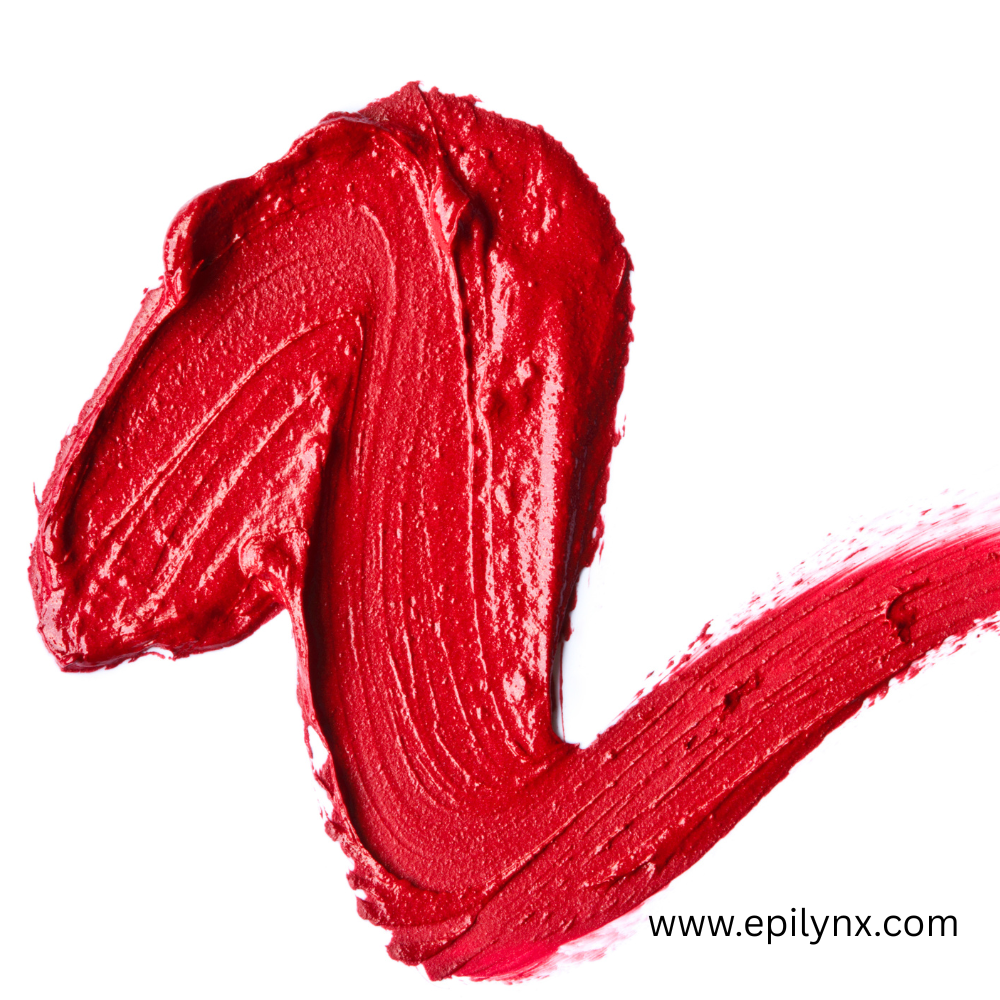
The Psychology of Makeup: Why We Wear It, What It Signals, and How It Shapes Confidence
Makeup Isn’t Just About Looking Good — It’s About Feeling Something 💄
You know that little confidence surge when you swipe on lipstick before a big meeting?
That “new skin, new me” feeling after a perfectly blended concealer?
That’s not vanity — it’s neuroscience.
Makeup doesn’t just change how you look.
It changes how your brain, hormones, and even posture behave.
Let’s explore what’s really happening when you pick up that mascara wand — and why makeup is as much about psychology as pigment.
1. Makeup Is a Mood Regulator (a.k.a. Emotional SPF) 🧠💋
When you apply makeup, your brain releases dopamine — the “feel-good” neurotransmitter.
It’s a micro-dose of reward.
📌 Science fact:
A study in Frontiers in Psychology found that putting on makeup can increase positive mood and energy by up to 25%, even if no one else sees it.
It’s not about impressing others — it’s about self-care as ritual.
The same way meditation calms the mind, makeup grounds it.
💡 Unexpected truth:
People who use makeup as self-expression (not camouflage) report higher self-esteem and emotional resilience.
2. The “Lipstick Effect” Is Real 💄📈
During economic downturns and stressful times, lipstick sales spike.
This has happened for almost a century — from the Great Depression to the pandemic.
📌 Why?
Psychologists call it The Lipstick Effect: when people seek small, affordable boosts of optimism.
It’s not about luxury — it’s about control.
When the world feels unpredictable, your eyeliner wing is one thing you can perfect.
💡 Science note:
Red lipstick has been shown to increase self-perceived attractiveness and confidence, and even improve performance in interviews and negotiations.
3. Makeup and Identity: Paint as Power 🎨
Throughout history, makeup has marked power, rebellion, and belonging.
Ancient Egyptians wore kohl to honor gods.
Suffragettes wore red lipstick to defy men.
1970s punks used eyeliner as protest.
Gen Z paints freckles to reclaim authenticity.
📌 Modern psychology:
Makeup activates “self-extension” — the feeling that your appearance reflects your identity.
In other words: makeup helps you see yourself the way you feel inside.
💡 Pro tip: There’s no wrong way to wear makeup if it reflects you.
4. The Mirror Neuron Effect: How Makeup Changes Perception 👀
Humans are wired to read faces instantly.
Within 100 milliseconds, our brains decide if someone looks healthy, trustworthy, or competent.
📌 Research shows:
Faces with even skin tone and defined features are subconsciously perceived as more capable and confident.
That’s why concealer and brow definition often feel like “armor.”
💡 But here’s the twist:
The same study found that self-perception mattered more than others’ perception.
When you feel confident, others read your cues — posture, expression, tone — and agree.
Makeup doesn’t trick people. It communicates energy.
5. The Ritual: Why Applying Makeup Feels Therapeutic 🪞
There’s something meditative about the motions:
blend, brush, breathe, repeat.
📌 Science fact:
Repetitive, rhythmic actions like brushing or blending lower cortisol and heart rate.
It’s the same physiological effect as mindfulness.
That’s why so many people describe their morning routine as “me time.”
💡 Fun stat: 82% of people surveyed by Mintel said makeup helps them “mentally prepare for the day.”
✅ Modern note:
Gentle, allergen-safe, fragrance-free products make this ritual even better — no irritation, no anxiety, just peace.
6. Makeup as Mask — and Why That’s Not Always Bad 🎭
Sometimes, makeup is armor. And that’s okay.
📌 Psychological truth:
Wearing makeup can create a protective layer of confidence, especially in social or high-stress environments.
It doesn’t mean you’re hiding — it means you’re arming yourself emotionally.
💡 But moderation matters:
If you feel naked or “unworthy” without makeup, that’s when it’s time to rebuild internal confidence alongside external tools.
Healthy beauty empowers, not disguises.
7. Color Psychology: How Shades Shift Your Mood 🎨💡
Colors literally affect your nervous system.
-
Red: energizing, raises heart rate, boosts confidence.
-
Pink: calming, nurturing.
-
Brown/Nude: grounding and natural.
-
Blue tones: soothing, introspective.
-
Gold: warm, optimistic, elevating.
📌 Fun fact:
Studies show red lipstick increases self-assurance, while pink blush triggers positive emotional associations in others.
✅ Modern mindfulness:
Choose colors that match your mood goals, not your trends.
8. The Bare-Face Paradox: Confidence Without Concealer 🧴✨
Here’s the twist:
Even though makeup boosts confidence, so does not wearing it.
📌 Why?
Authenticity and self-acceptance activate the same dopamine-reward circuits.
Both say, “I’m showing up as myself.”
💡 Balance tip: Alternate “makeup armor days” with “bare-skin days.”
Your barrier — and your brain — will thank you.
✅ Bonus: clean, gluten-free, allergen-safe products keep skin calm so you actually can go bare when you want to.
9. The Empathy Effect: How Makeup Builds Connection 💞
When you feel confident, you engage differently.
Eye contact lasts longer. Smiles come easier. Social anxiety dips.
📌 Neuroscience shows:
Confidence changes micro-expressions, which change how others respond.
That’s why makeup isn’t superficial — it’s social.
It helps people project how they want to connect.
💡 Emotional note:
We’re not painting faces — we’re painting courage.
10. The New Era of Makeup: Self-Expression Without Self-Harm 🌱
We’ve come full circle.
From lead and mercury to clean pigments and barrier-safe blends, makeup is now about care, not cost.
📌 Modern movement:
Allergen-safe, cruelty-free, vegan, gluten-free formulations are making beauty more inclusive than ever.
Because real confidence doesn’t come from covering flaws —
it comes from honoring your skin, your story, and your choice.
💡 The future of beauty is both scientific and soulful.
Final Thought: Makeup Doesn’t Change Who You Are — It Reminds You
Every brushstroke is an affirmation.
Every red lip, a statement.
Every winged liner, a little act of courage.
Makeup isn’t a mask.
It’s a mirror — reflecting the confidence you already had.


